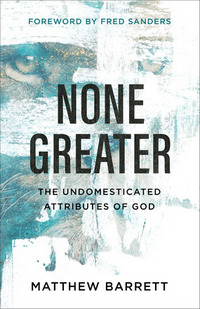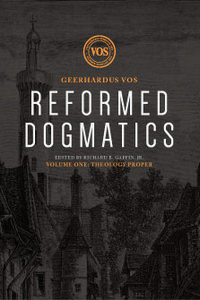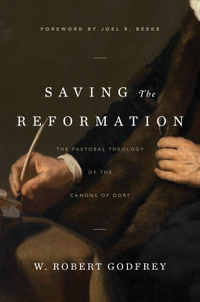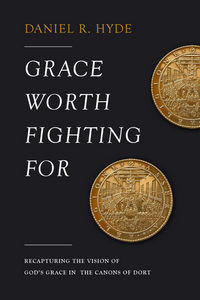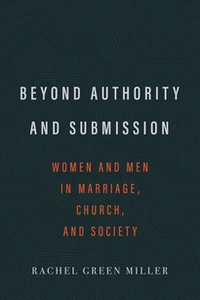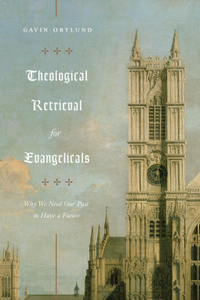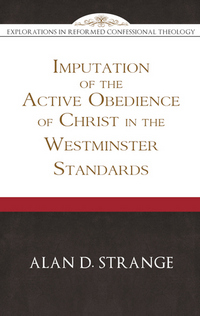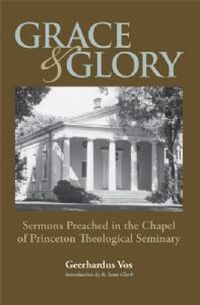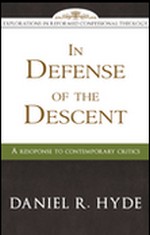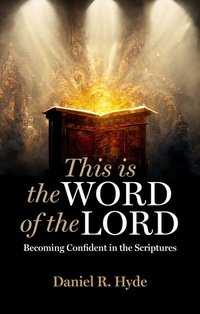 This Is the Word of the Lord: Becoming Confident in the Scriptures
This Is the Word of the Lord: Becoming Confident in the Scriptures
DETAILS: Publisher: Christian Focus Publications Publication Date: January 17, 2023 Format: Paperback Length: 121 pg. Read Date: February 26, 2023

As yearly surveys and our own experience shows, we are living in a time of famine of the true Word of God. The ancient prophet Amos spoke of such a coming famine in his day: “Behold, the days are coming, declares the Lord God, when I will send a famine on the land—not a famine of bread, nor a thirst for water, but of hearing the words of the Lord’ (Amos 8:11). How true is this still? We are living in that day. This is why when we find the Word, we need to mine it for its riches, cultivate it for its food, and drink from it like a well in the desert. Sadly, Amos says in those days that ‘they shall wander from sea to sea, and from north to east; they shall run to and fro, to seek the word of the Lord, but they shall not find it’ (Amos 8:12). This describes our time. The apostate church blindly wanders from the sentimentality of Protestant Liberalism to the so-called authoritative and immovable word of Rome or Orthodoxy, to the relativistic Emerging Church, to the skeptical Bart Ehrman, to the happy Joel Osteen, and the list goes on. There is a lot of searching but no finding. Yet in the Word written, our searching turns to resting as the silence of our hearts is filled with His living voice.
What’s This Is the Word of the Lord About?
Very simply, the book is Hyde’s response to that quotation—that’s the book’s thesis—everything else is the details. The primary concern of the work is to build and establish the reader’s confidence in the Scriptures—and that from that confidence the reader would build their life, faith, and sanctification on those Scriptures.
He covers topics like the revelation, inspiration, authority, canonicity, sufficiency, and perspicuity of Scripture—largely the typical points focused on in books about the Doctrine of Scripture. His last chapter, “Experiencing the Word,” tackles something I haven’t often seen in this kind of book, however. He calls his reader to “consider how the presence and power of the Spirit works causing us to experience the Word.” This is done particularly “to effect my recognition of in my life,” “to effect my reception of the Savior,” and “to effect my realization of sanctification.” Knowing everything in the previous nine chapters is all well and good—but if it remains an intellectual exercise, it’s pointless—the element of the Scriptures impacting your life—causing you to see your sin, need of a Savior, and resulting in sanctification (roughly the outline of the Heidelberg Catechism, to the surprise of no one), is essential.
So, what did I think about This Is the Word of the Lord?
As much as I appreciated the tone and urgency Hyde displays through the book, his obvious earnestness, the much-needed emphasis in the last chapter, and the overall soundness of every point he makes…I found the book to be adequate. But not much more than that.
Perhaps I’ve just read too many books written on this level for this general purpose, so it feels like so much of a retread for me.
I liked it but wanted and expected more. Hyde generally delivers that for me, but here he didn’t. Would I recommend this to anyone wanting a good foundation in the doctrine of Scripture? Absolutely. But for me, it fell a little flat.

This post contains an affiliate link. If you purchase from it, I will get a small commission at no additional cost to you. As always, the opinions expressed are my own.
![]()





